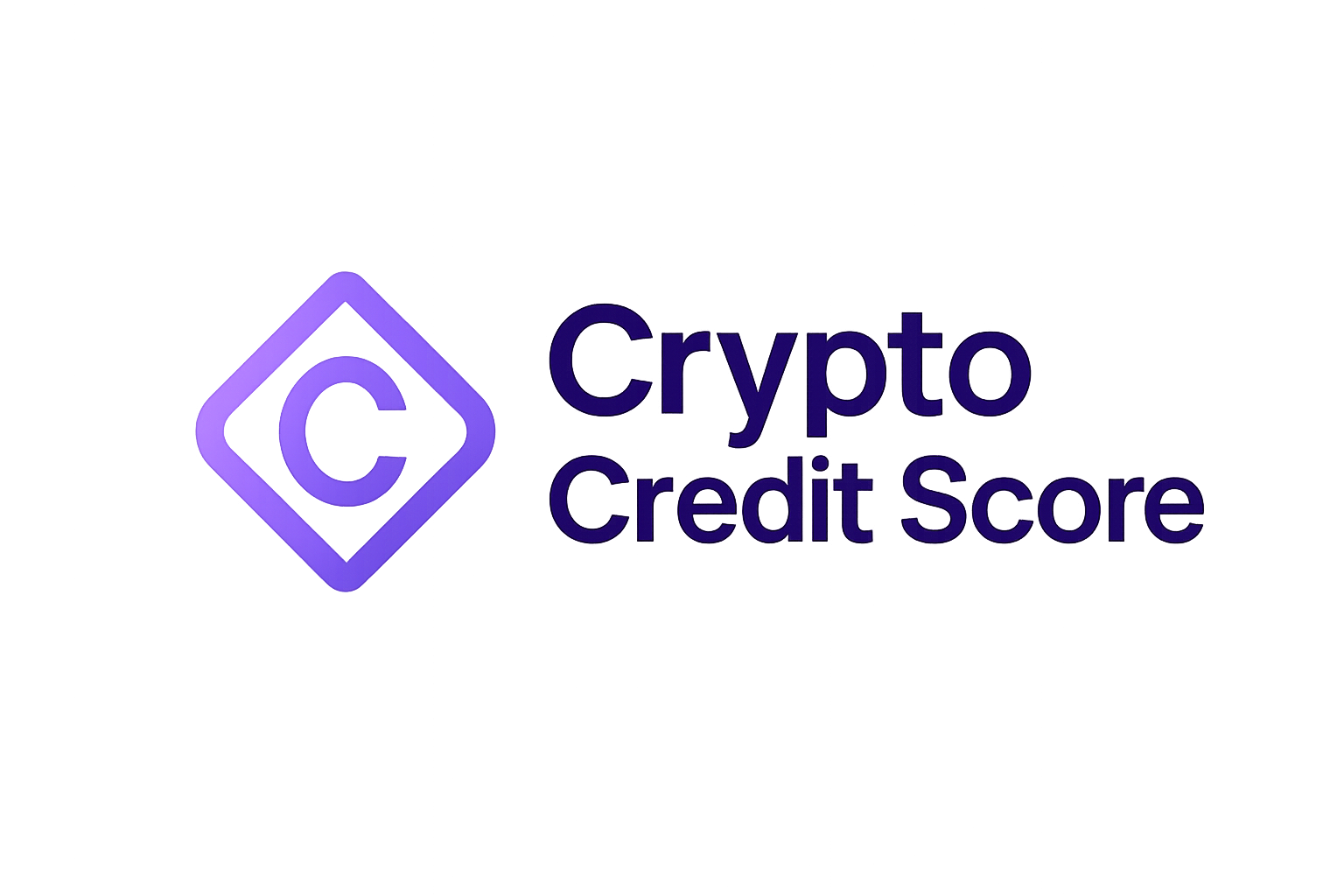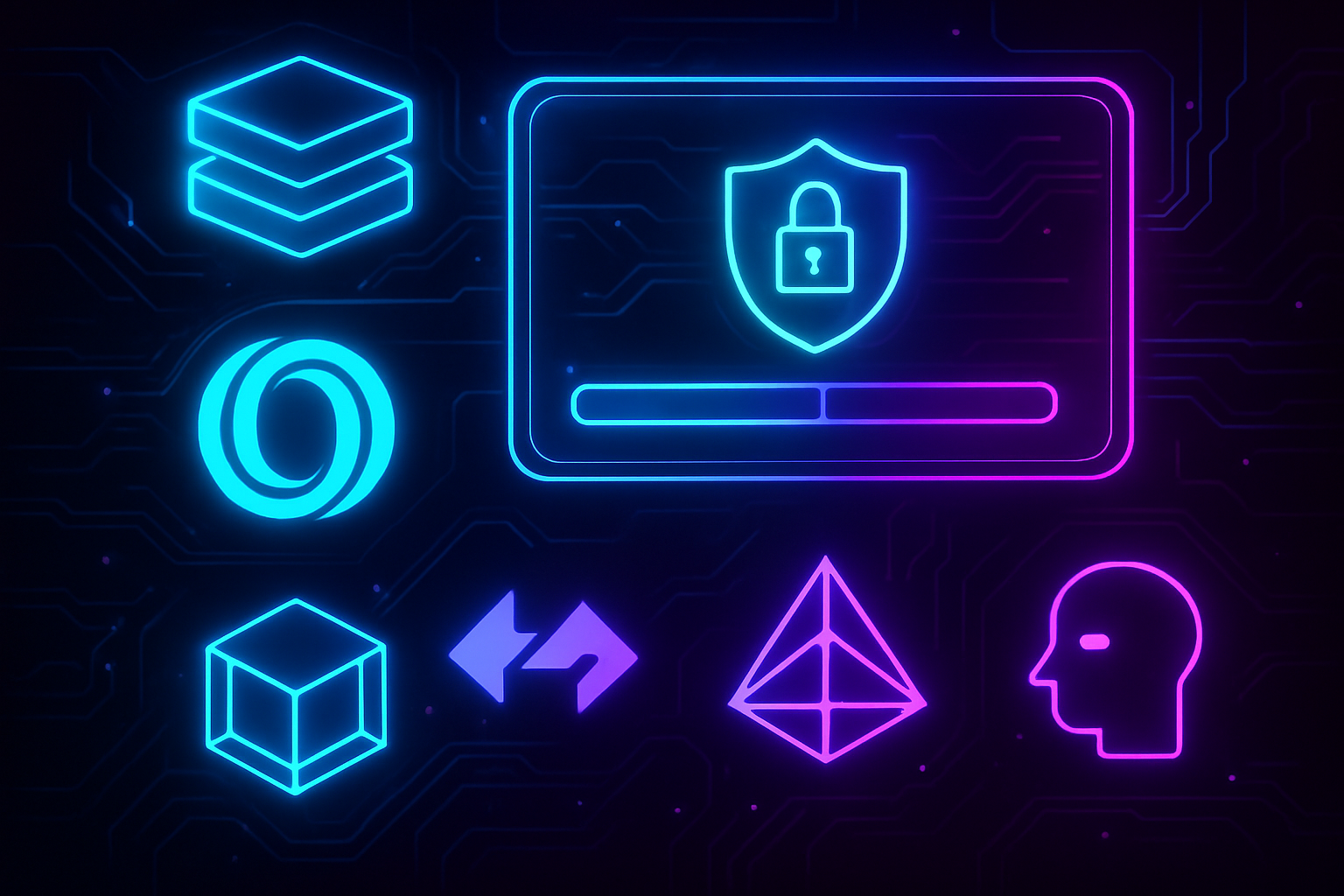
Privacy is the new battleground in blockchain credit scoring. As DeFi and Web3 protocols mature, the demand for privacy-preserving credit scoring has soared. Users want access to financial opportunities without exposing sensitive data, while lenders and protocols need reliable risk assessments. The result? A surge of innovative protocols that balance transparency, security, and individual privacy.

The Case for Privacy in Blockchain Credit Scoring
Traditional credit bureaus are notorious for data breaches and opaque decision-making. In contrast, decentralized credit systems aim to provide open, auditable processes. But on-chain transparency can clash with user privacy: if every transaction or account detail is public, personal financial history becomes vulnerable to exploitation or discrimination.
This is where privacy-preserving protocols step in. By leveraging advanced cryptography – like zero-knowledge proofs (ZKPs), confidential computation, and secure multi-party computation – these systems enable accurate credit assessments without exposing raw user data. Let’s look at the leading solutions shaping this landscape.
Top Privacy-Preserving Protocols Powering Decentralized Credit Scores
Top Privacy-Preserving Protocols for Blockchain Credit Scoring
-

Oasis Network (Oasis Privacy Layer & Parcel): Oasis Network offers robust privacy features for DeFi and credit scoring through its Oasis Privacy Layer (OPL), which enables confidential smart contracts, and Parcel, a privacy-first data governance framework. Together, they allow sensitive credit data to be processed and shared securely using confidential compute and access controls, ensuring user data privacy throughout the credit evaluation process.
-
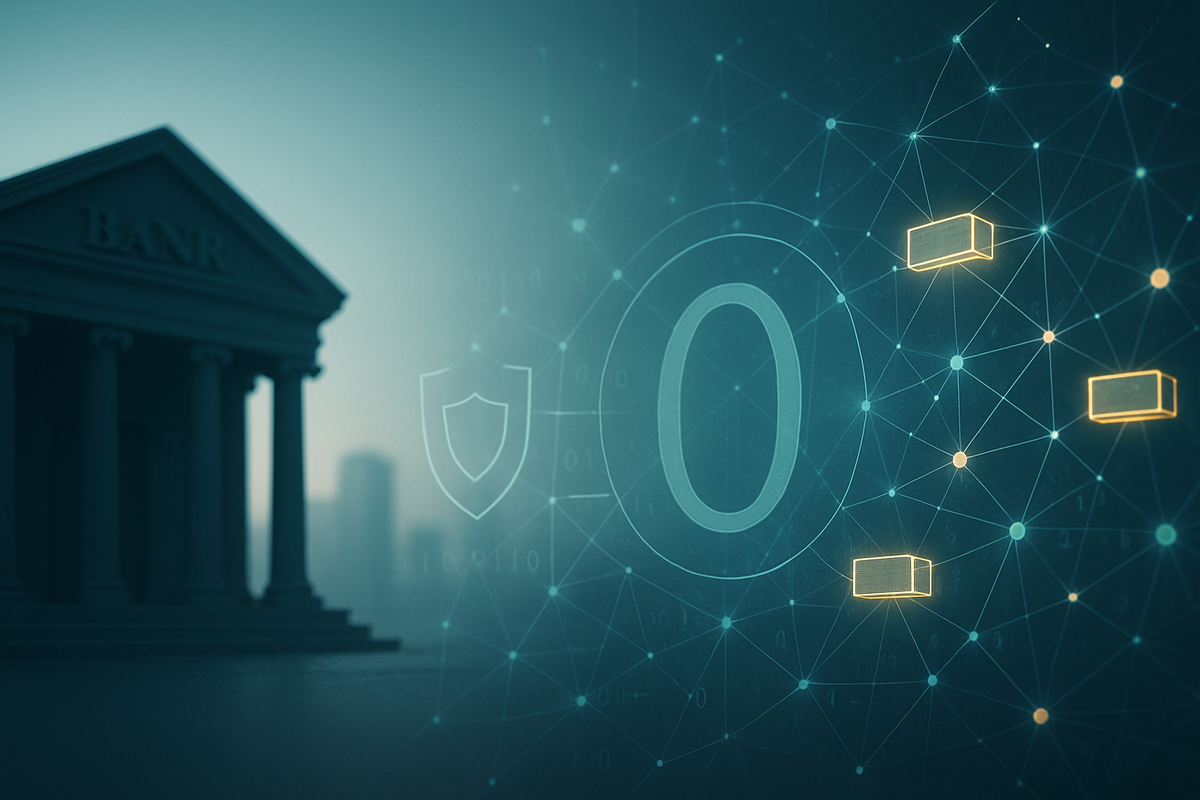
zkSync Era: zkSync Era is a Layer 2 protocol based on zero-knowledge rollups (zk-rollups), offering scalable and private transactions on Ethereum. Its use of zero-knowledge proofs enables privacy-preserving credit scoring by verifying creditworthiness without exposing underlying user data, making it ideal for decentralized finance applications.
-
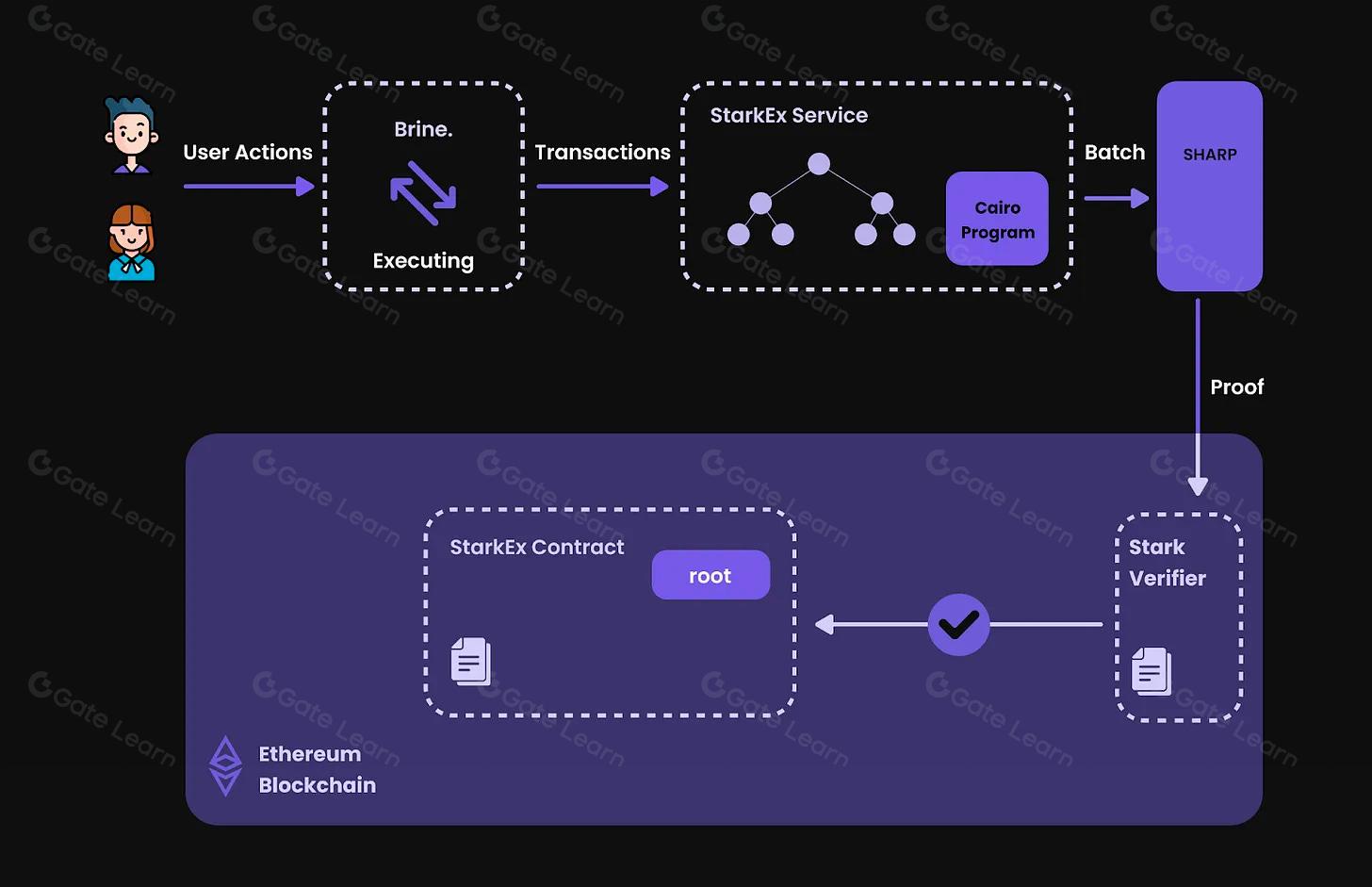
Aztec Protocol: Aztec Protocol brings advanced privacy to Ethereum by leveraging zk-SNARKs (zero-knowledge succinct non-interactive arguments of knowledge). This allows for confidential transactions and private credit assessments, ensuring that sensitive financial data remains hidden while still enabling verifiable credit scoring.
-
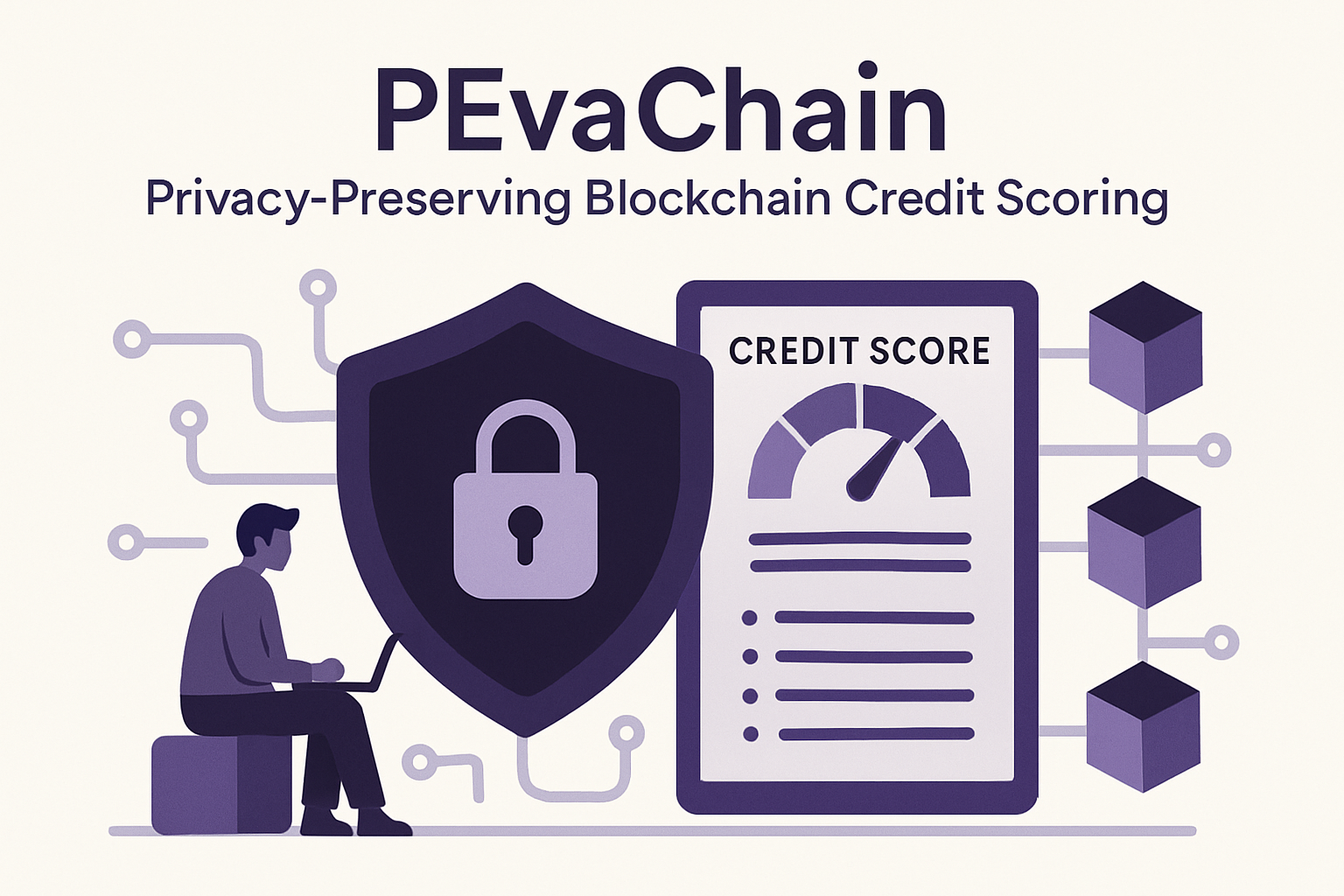
PEvaChain: PEvaChain is a decentralized privacy-preserving credit evaluation system that utilizes secure multi-party computation and privacy-enhancing cryptography. It enables trustworthy, confidential credit scoring by allowing computations on encrypted data, ensuring that both data content and calculations remain private.
-
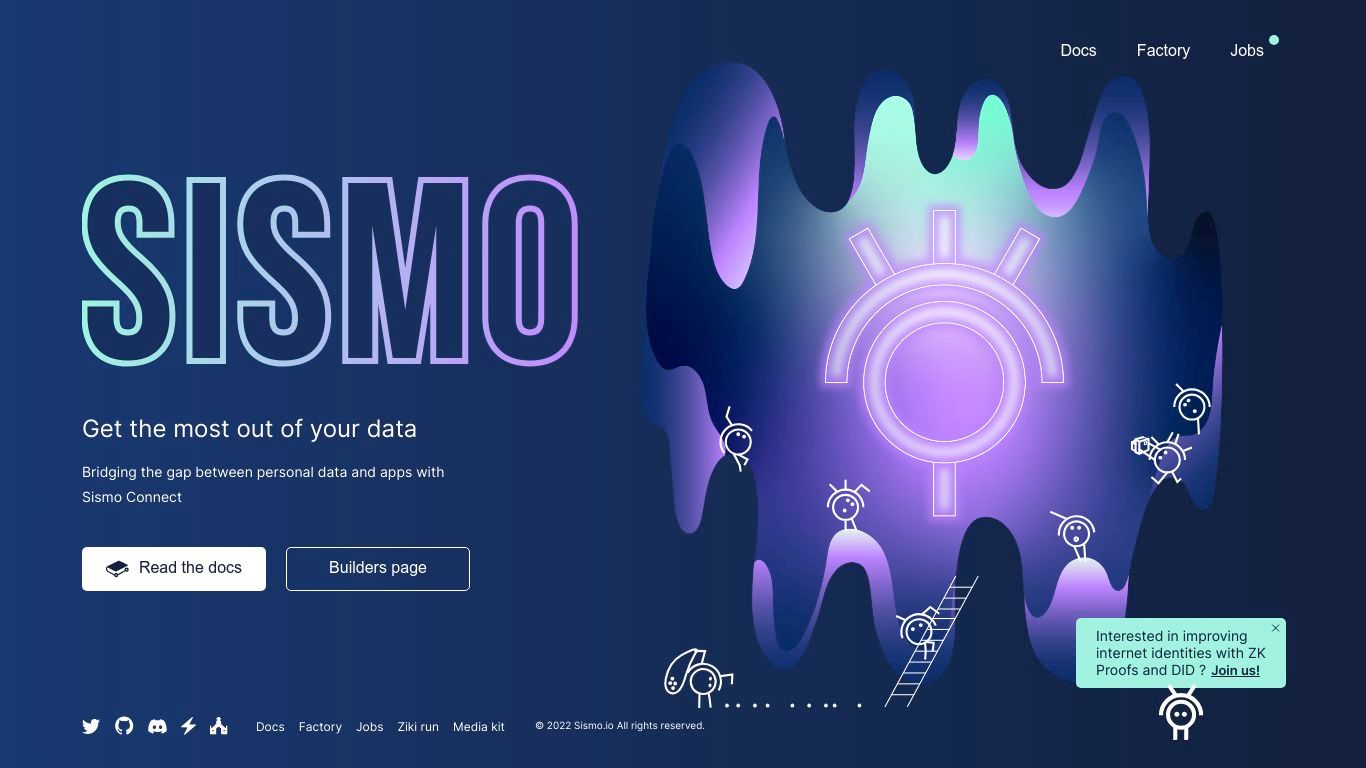
Sismo: Sismo is a privacy-focused protocol that empowers users to prove attributes (such as creditworthiness) without revealing their identity or sensitive data. Using zero-knowledge proofs, Sismo enables private, composable attestations for credit scoring in Web3, enhancing user control and data protection.
Oasis Network: Modular Privacy with Oasis Privacy Layer and Parcel
Oasis Network stands out for its modular approach to privacy on blockchain. Its Oasis Privacy Layer (OPL) allows any EVM-compatible chain to add customizable privacy features without sacrificing composability or interoperability. For credit scoring applications, this means sensitive financial behaviors can be analyzed off-chain using confidential smart contracts – only the necessary risk metrics are revealed on-chain.
The Parcel framework further enhances data governance by letting users control access permissions over their encrypted data. This enables compliant yet private sharing of credit histories with lenders or dApps while keeping granular details hidden from the public ledger.
zkSync Era: Zero-Knowledge Proofs at Scale
zkSync Era, a ZK-rollup protocol on Ethereum, brings scalable zero-knowledge proofs to mainstream DeFi activity. With zkSync Era, users can interact with lending protocols or build their reputation across dApps while proving eligibility or solvency – all without exposing account balances or transaction details.
This opens doors for privacy-preserving credit evaluations where only proof-of-creditworthiness is shared rather than underlying financial activity. For DeFi lenders looking to minimize counterparty risk without violating user anonymity, zkSync Era’s infrastructure is a game changer.
Pushing the Envelope: Aztec Protocol and PEvaChain
Aztec Protocol takes zero-knowledge cryptography even further by enabling fully confidential transactions on Ethereum through zkSNARKs. In a credit context, Aztec allows users to prove loan repayment history or debt thresholds privately – ideal for undercollateralized lending models that require historical trust signals but must preserve borrower anonymity.
PEvaChain, meanwhile, introduces a decentralized ridge regression-based evaluation system specifically tailored for private on-chain credit scoring (ScienceDirect.com). By combining multiparty computation with trustworthy calculation methods, PEvaChain ensures both data integrity and confidentiality during the entire assessment process.
Another protocol making waves is Sismo, which delivers a unique blend of privacy and portability for on-chain identities. Sismo leverages zero-knowledge proofs to let users selectively disclose credentials, such as proof of loan repayment or participation in DeFi platforms, without revealing wallet addresses or linking disparate accounts. This approach empowers users to build a verifiable credit profile that is both composable across Web3 applications and shielded from surveillance or profiling.
By enabling users to share only the minimum required information, Sismo addresses a major pain point in decentralized credit: how to establish trust and eligibility without sacrificing autonomy or exposing sensitive financial footprints. In practice, this means lenders can verify creditworthiness while remaining blind to the user’s full transaction graph, and borrowers can prove their reliability without risking privacy leaks.
Comparing Protocols: Key Features for Secure Decentralized Credit Scoring
Comparison of Top Privacy-Preserving Protocols for Blockchain Credit Scoring
| Protocol | Core Cryptography Used | Privacy Level | Composability | DeFi Integration |
|---|---|---|---|---|
| Oasis Network (Oasis Privacy Layer & Parcel) | Confidential Smart Contracts, Secure Enclaves | High: Data confidentiality and access control | High: Modular privacy layer for any chain | Strong: Used in multiple DeFi and data tokenization projects |
| zkSync Era | Zero-Knowledge Proofs (zk-SNARKs) | High: Transaction and data privacy | High: EVM-compatible, supports composable dApps | Growing: Integrated with DeFi protocols on zkSync |
| Aztec Protocol | Zero-Knowledge Proofs (PLONK, zkSNARKs) | Very High: Private transactions and smart contracts | Moderate: Custom scripting, limited by privacy layer | Emerging: Private DeFi primitives (zk.money, Aztec Connect) |
| PEvaChain | Secure Multi-Party Computation, Homomorphic Encryption | High: Privacy-preserving credit evaluation | Moderate: Focused on credit scoring use-cases | Focused: Designed for decentralized credit scoring |
| Sismo | Zero-Knowledge Proofs (zk-SNARKs), Selective Disclosure | High: Privacy-preserving identity and reputation | High: Composable identity attestations across apps | Integrated: Used for Sybil resistance and private reputation in DeFi |
Each protocol brings a distinct flavor of privacy-preserving technology to the table. Oasis Network’s confidential smart contracts are ideal for modular integration across EVM chains; zkSync Era provides scalable ZK infrastructure for mainstream DeFi; Aztec Protocol focuses on deep transaction confidentiality; PEvaChain specializes in secure multiparty computation for robust statistical evaluation; and Sismo excels at credential-based reputation without account linkage.
Choosing the right solution depends on your use case. For dApps needing granular data control with regulatory compliance, Oasis Parcel shines. Lenders seeking scalable privacy guarantees might lean toward zkSync Era or Aztec. Projects prioritizing transparent but private machine learning models will find PEvaChain compelling. And any ecosystem aiming to empower users with portable yet private credit credentials should look closely at Sismo.
Why Privacy Matters Now More Than Ever
The rise of privacy-preserving credit scoring isn’t just technical progress, it’s a response to mounting user demand and regulatory scrutiny. As more financial activity migrates on-chain, the risk of mass data exposure grows. At the same time, DeFi protocols face pressure to deliver reliable risk assessments without creating new honeypots for hackers or surveillance entities.
Protocols like those discussed here are setting new standards by ensuring that decentralized finance remains open yet respectful of individual rights. They’re not just protecting users, they’re also unlocking new business models where trust can be established without surrendering control over personal information.
The evolution of blockchain privacy protocols is far from over. With advances in cryptography and growing cross-chain interoperability, expect even more sophisticated solutions ahead, ones that make decentralized credit both safer and more inclusive than ever before.
